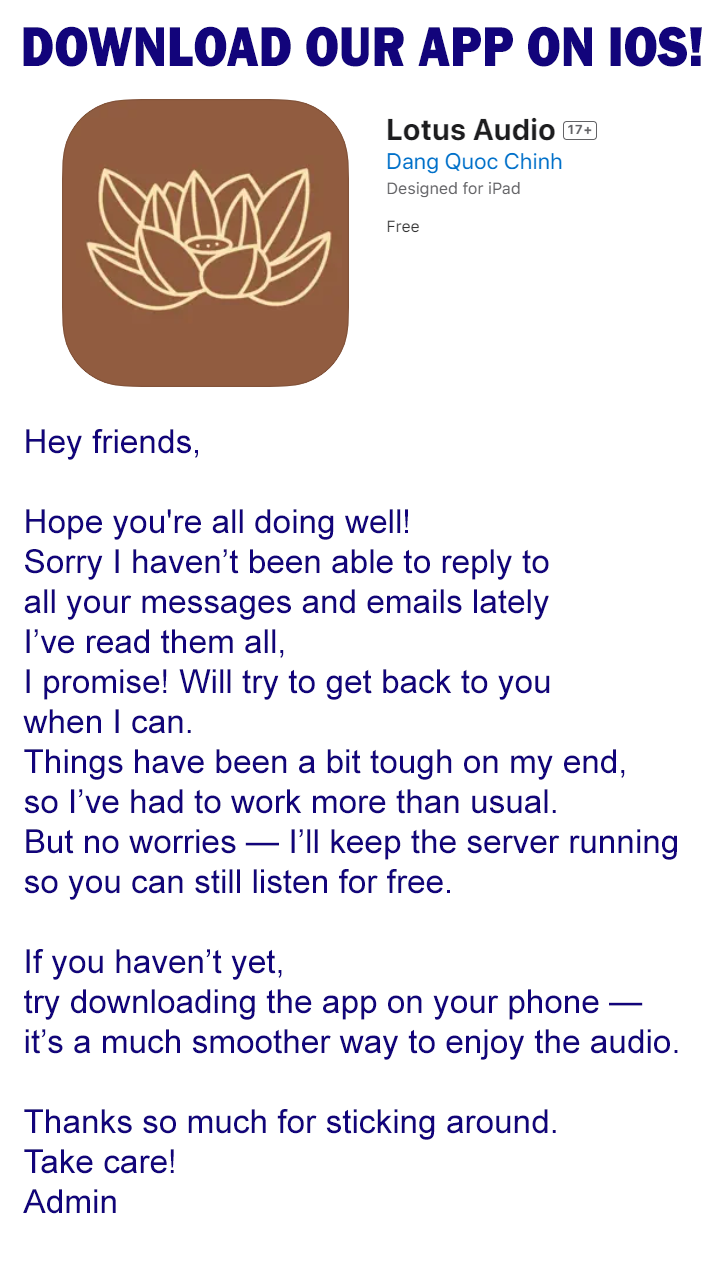This is The Untethered Soul audiobook (please share your thoughts by leave comments and rate this post. Or share more information of this audios in the comment section. Thank @Frank for sharing this audios). Lets play The Untethered Soul full audios free online in the audio player below.

The book is divided into five parts, each of which explores a different aspect of the human experience. The first part, titled “The Voice Inside Your Head,” examines the nature of the mind and the constant chatter that goes on inside our heads. Singer argues that this voice is not who we truly are, but rather a product of our conditioning and past experiences. He suggests that we can learn to detach from this voice and observe it from a distance, rather than identifying with it and allowing it to control our lives.
The second part of the book, “The Inner Room,” explores the concept of consciousness and the idea that we are all connected to a universal consciousness. Singer suggests that we can tap into this consciousness by quieting our minds and becoming more present in the moment. He also discusses the importance of cultivating a sense of inner peace and stillness, which can help us to access this deeper level of awareness.
In the third part of the book, “Who Are You?” Singer delves into the nature of the self and the ego. He argues that our sense of self is not fixed or permanent, but rather a constantly evolving construct that is shaped by our experiences and beliefs. He suggests that we can learn to detach from our ego and identify with our true self, which is beyond the limitations of the ego.
The fourth part of the book, “The Lucid Self,” explores the concept of mindfulness and the importance of being fully present in the moment. Singer suggests that we can learn to cultivate a state of mindfulness by paying attention to our thoughts, emotions, and physical sensations without judgment or attachment. He also discusses the importance of letting go of our attachments and desires, which can free us from the suffering that comes from clinging to things that are impermanent.
The final part of the book, “Transcending the Tendency to Close,” explores the idea that we can learn to transcend our limitations and expand our consciousness. Singer suggests that we can do this by letting go of our fears and opening ourselves up to new experiences and possibilities. He also discusses the importance of embracing change and uncertainty, which can help us to grow and evolve as individuals.
Throughout the book, Singer uses a variety of metaphors and analogies to help illustrate his points. For example, he compares the mind to a wild horse that needs to be tamed, and the ego to a small child that needs to be guided and nurtured. He also uses the metaphor of a thorn to represent our attachments and desires, which can cause us pain and suffering if we cling to them too tightly.
One of the key themes of The Untethered Soul is the idea that we can learn to detach from our thoughts and emotions and observe them from a distance. Singer suggests that we can do this by cultivating a sense of inner stillness and awareness, which can help us to become more present in the moment. He also discusses the importance of letting go of our attachments and desires, which can free us from the suffering that comes from clinging to things that are impermanent.
Another important theme of the book is the idea that we are all connected to a universal consciousness. Singer suggests that we can tap into this consciousness by quieting our minds and becoming more present in the moment. He also discusses the importance of cultivating a sense of inner peace and stillness, which can help us to access this deeper level of awareness.
Overall, The Untethered Soul audiobook is a powerful and thought-provoking guide to spiritual growth and self-discovery. Singer’s insights and teachings are both practical and profound, and his writing is clear and accessible. Whether you are new to spirituality or have been on a spiritual path for many years, this audiobook is sure to inspire and enlighten you.


